
Subscribe to our mailing list.
All Blog Posts With Tag: Augustine
Karl Barth on Holy Scripture’s Capacity for Error (July 24, 2019)
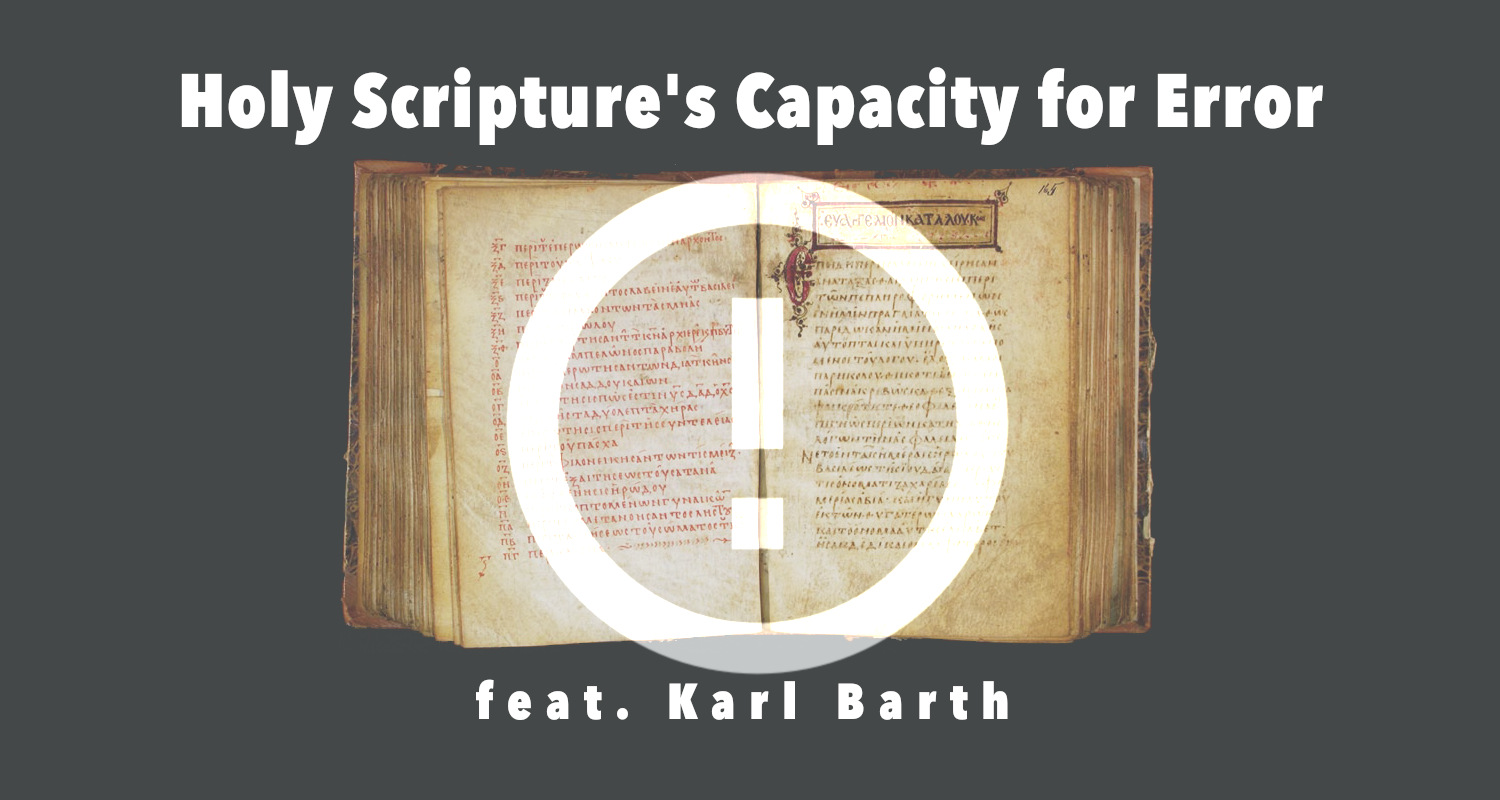
The Origin of the Dictation Theory of Inspiration
In the Post-Reformation era, a century after the deaths of Martin Luther, John Calvin and the first and second generation reformers, the doctrine of inspiration of the Scriptures evolved into a dictation theory of inspiration, in which the biblical writers were the very […]
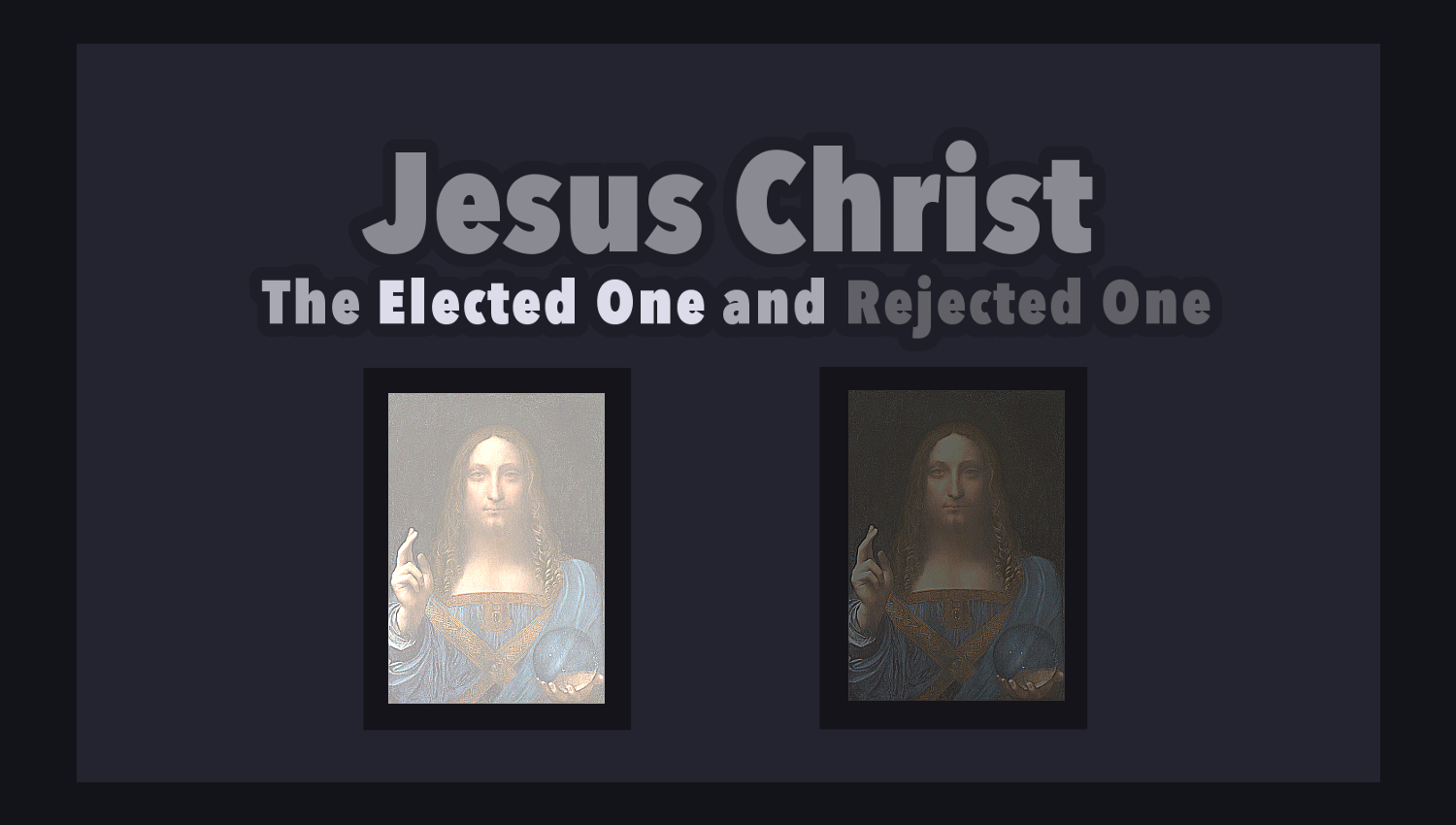
The doctrine of election is a controversial doctrine that is rooted in Pauline theology (and the Mark-Matthew tradition), initially developed by Augustine's doctrine of predestination and later developed by John Calvin's doctrine of double predestination. Traditionally, the doctrine of election begins with God's pre-temporal absolute decree (decretum absolutum) that sorts […]
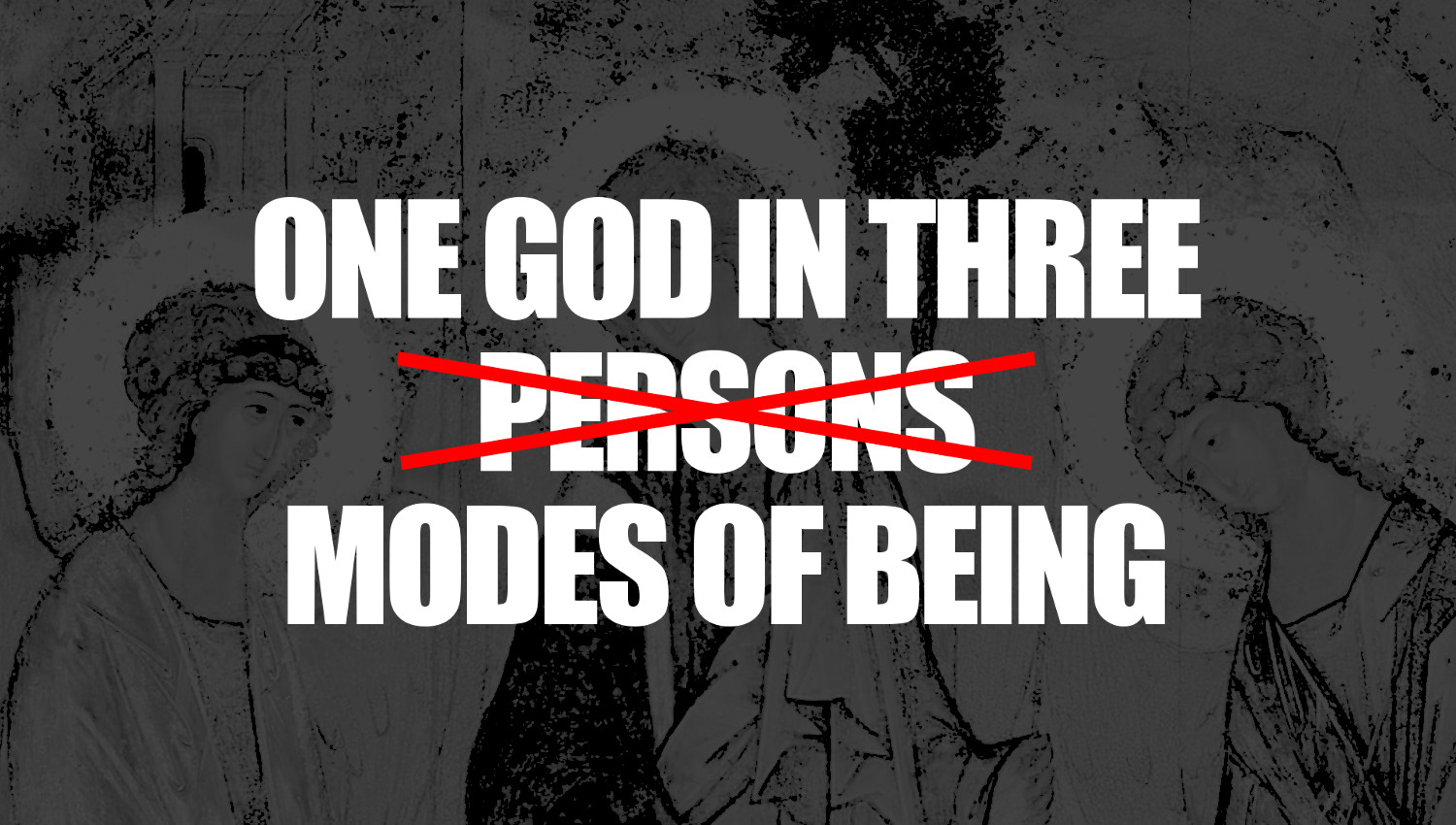
Karl Barth proposed that the Trinitarian formula of "one God in three persons" be updated to "one God in three modes of being" (or "... ways of being"). Is Barth teaching Sabellian modalism? No! The reason for the change, is that Barth believed that the word "person" has substantially changed in meaning to include an "attribute […]
Related: Athanasius, Augustine, Barth, CD I/1, church, Church Dogmatics, Church Dogmatics I/1, hypostasis, Jürgen Moltmann, Karl Barth, Karl Rahner, modes of being, One God in three persons, persona, personae, personality, persons, subsistance, tres personae, trinity, Trinity and the Kingdom, ways of being
The Structure of Theological Revolutions (December 12, 2016)
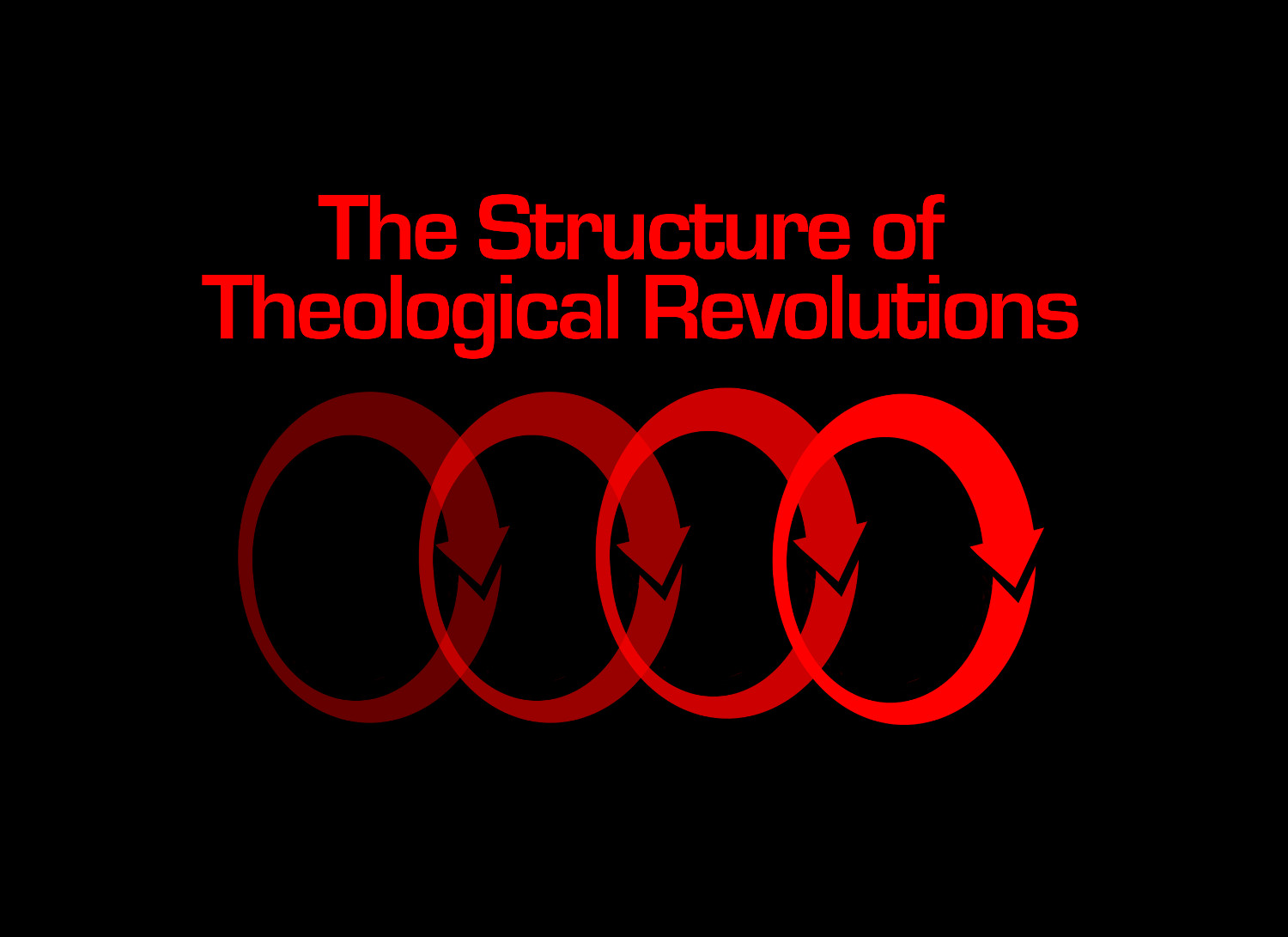
Theology develops over time—it seems obvious to me, but I have friends who disagree. Every theological doctrine has a history, beginning with the first person to think it and describe it, and then it is refined over centuries by many others. Hans Küng keenly compares the development of theology to the development […]
The Extinction of Humanity: Karl Barth’s Eschatology (November 30, 2016)
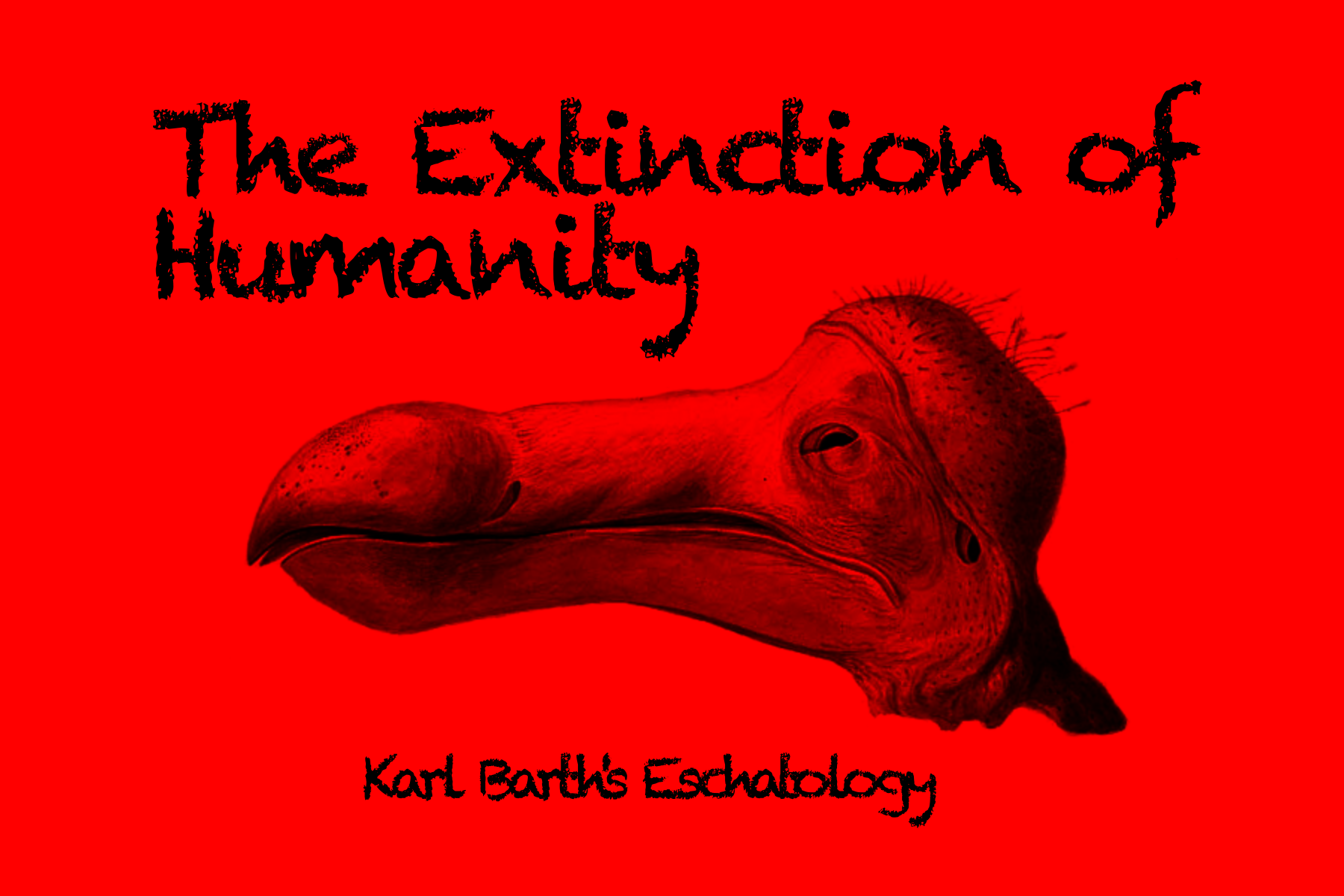
Introduction
We are not guaranteed that we will die. In a moment, in a twinkling of an eye (1 Cor 15:52), the life of every human being in the world will be supernaturally concluded by the final coming of Jesus Christ. According to Karl Barth, this will be the final event in the […]
Related: Augustine, Augustine of Hippo, CD III/3, CD IV/3.2, CD IV/4, Christian Life, Church Dogmatics, Church Dogmatics III/3, Church Dogmatics IV/3.2, Church Dogmatics IV/4, Coming of Jesus, end times, eschatology, Extinction, Extinction of Humanity, FInal Judgment, John Calvin, Judgment, Karl Barth, Last Day, parousia, Rapture, Resurrection, Universalism
John Calvin’s Definition of Sacrament (February 16, 2015)
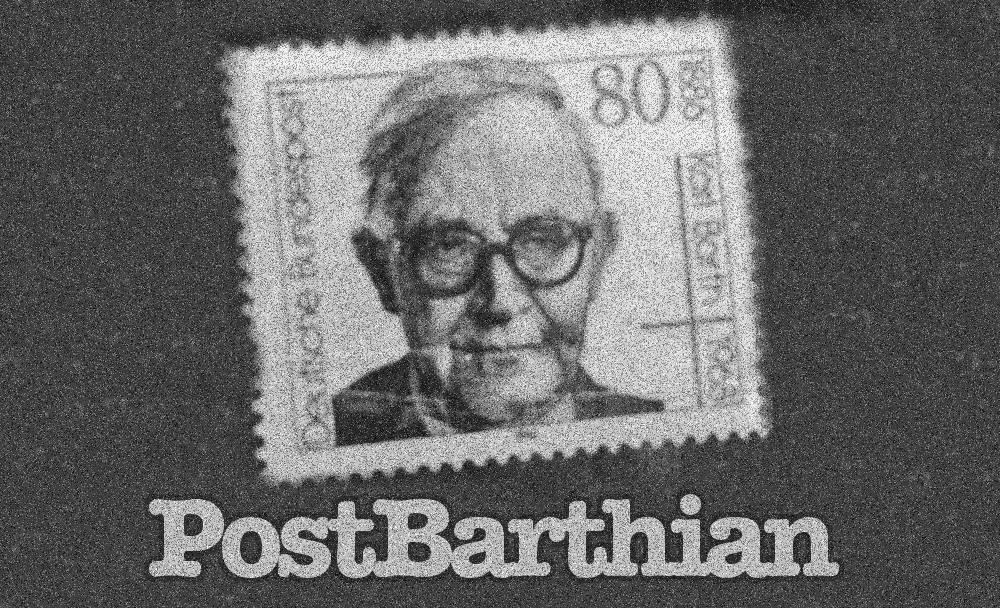
John Calvin provides the following definition of sacrament in the Institutes of the Christian Religion (IV.xiv.1-2) using the vernacular of "sign and seal" that is a staple of conservative Reformed sacramentology, and appears in the Westminster Confession of Faith and the other Reformed confessions.
Calvin's definition is ecumenical, as he desires the unity between the […]

Welcome sign to Hell, Michigan (source: wikipedia)
The doctrine of predestination has undergone substantial renovation and development over time. Augustine and Thomas considered election and reprobation as two separate dogmas, where the active election of men from the mass of perdition was a distinctive act that is separate from the act […]
Eastern Orthodox Ancient Authoritive Theologians (June 4, 2013)

As a protestant within the Reformed Church Tradition, I find that I and everyone around me are largely ignorant about Eastern Orthodoxy, and hardly know the differences between Eastern Orthodoxy and Roman Catholicism. If asked, most will reply the filioque, icon veneration, the Great Schism, episcopalian government without a pope, and lots […]
Related: Augustine, Augustine of Hippo, Basil the Great, Dumitru Staniloae, Eastern Orthodoxy, Experiences of God, Fr Georges Florovsky, Gregory of Nazianzen, Gregory of Nyssa, Origen of Alexandria, Orthodox Dogmatic Theology, Saint Maximos the Confessor, St John Chrysostom, St. Dionysius the Areopagite, The Blessed St. Augustine
The Reformation’s Lack of Miracles: A Response by John Calvin (January 28, 2013)
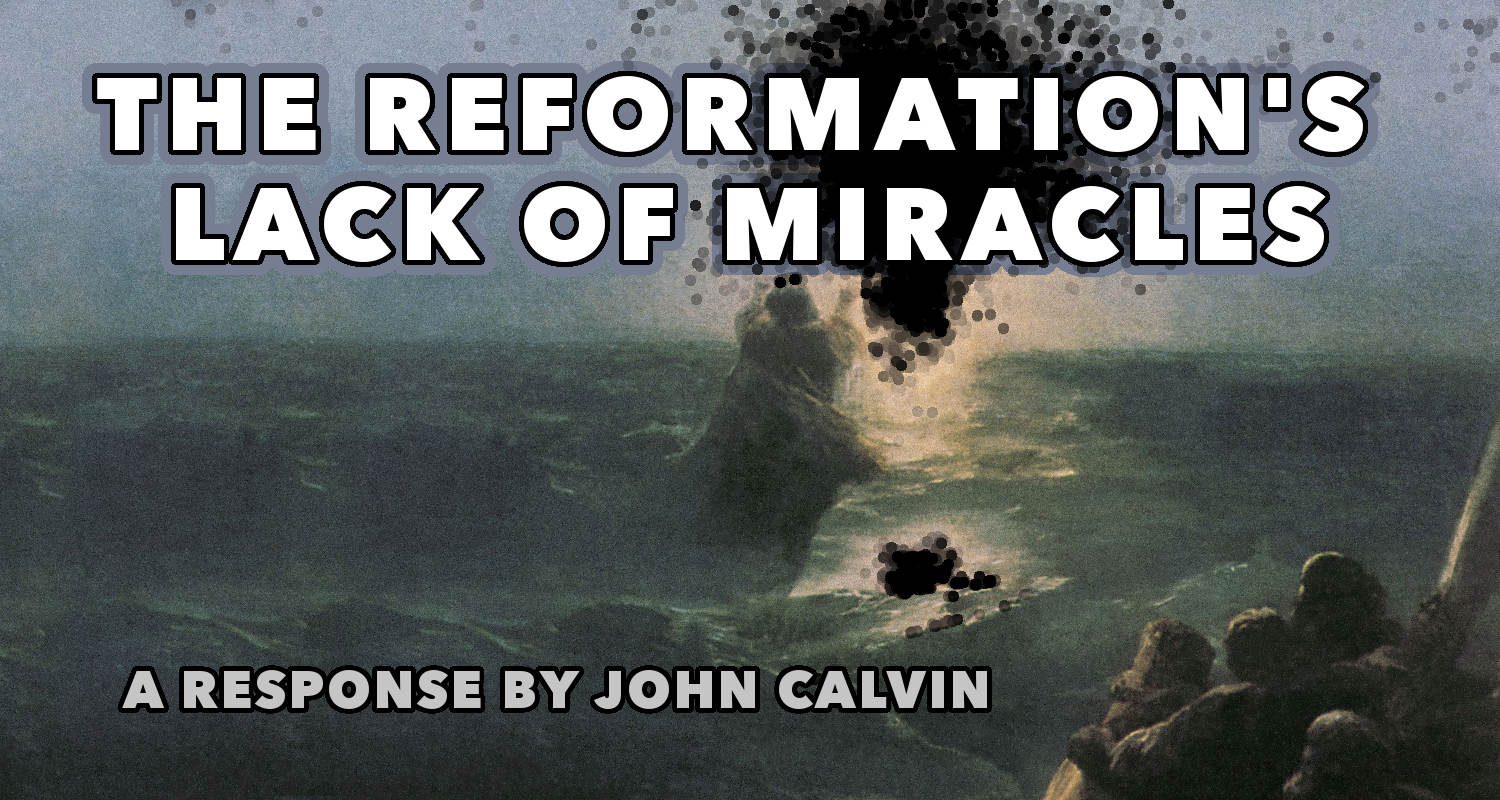
~ Updated and Revised: February 21st, 2019 ~
In the "Prefatory Address to the King of France", in the opening of Institutes of the Christian Religion, John Calvin outlines the Roman Catholic objections to the Reformation, and then Calvin responses to each of them. One of the Catholic criticisms is that the […]
The Allegorical Interpretation of Creation by the Early Church Fathers (January 11, 2013)

I've compile several quotations by Early Church Fathers showing their unified allegorical interpretation of the Genesis 1-2 narrative. Irenaeus, Barnabus, Augustine, Origen, and Basil the Great are available online here: http://www.ccel.org/index/author.
There are other quotations by Early Church Fathers, but this displays how the allegorical method was used in the early church. […]

